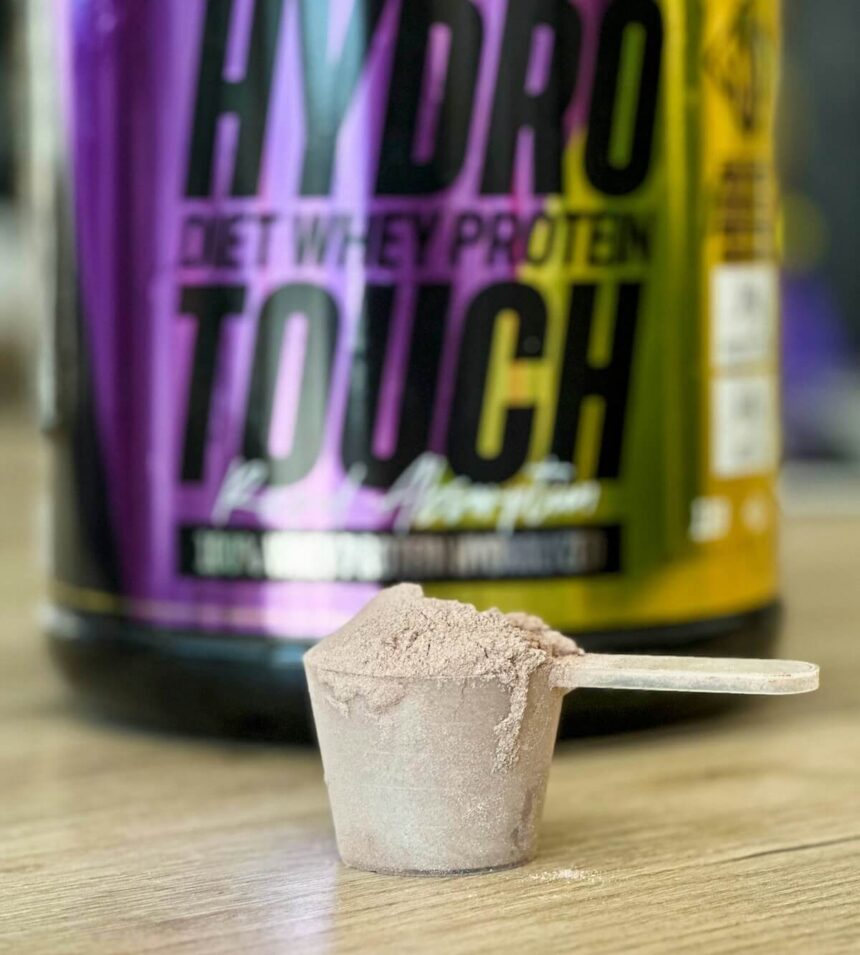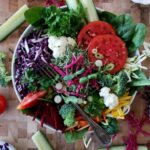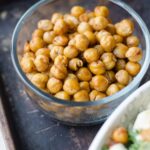Today, more and more amateur athletes are filling up with protein powders. But do regular workout enthusiasts really need protein powder? It’s true; professional athletes have been using protein supplements for a long time. And it makes sense that their diet includes additional protein. They expend a lot of energy, and protein supplements are said to help restore and support muscle growth.
But is it possible for both hardcore athletes and the average gym-goers to get adequate protein without resorting to these powders?
The Down Low on Protein Powder
Protein shows up in a lot of natural, whole food sources. But protein powder is anything but these foods in powdered form.
Instead, protein powders are usually comprised of a type of whey.
One type, whey protein isolate, is very easy for the body to absorb, and it’s made up of separated milk particles. You’ll also see whey protein concentrate, a by-product of cheese production and also the most affordable option.
Finally, with hydrolyzed whey protein, the protein particles are pre-digested or broken down into smaller parts. This makes it easier for the body to absorb, and a pricey supplement.
But protein powders are more than whey. They also contain many additional ingredients. Sugars, soy, artificial flavors, preservatives, additives, and gums usually make it to the ingredient list.
One of these added ingredients is Creatine, a nitrogenous organic acid made from amino acids. But the jury’s out on whether it’s beneficial for athletes or not. The European Food Safety Authority concedes that Creatine can aid in “an increase in physical performance during short-term, high intensity, repeated exercise bouts.”
However, it can also cause problems like nausea, kidney problems, weight gain, anxiety, and vomiting. Plus, pregnant women are advised to avoid it altogether.
Your protein powders may also contain unregulated substances, and there’s a chance that your protein shakes have dangerous or even illegal substances in them, including steroids.
Health professionals are not all in agreement about the safety of these other ingredients. So, why would professional and amateur athletes use them?
Why Professional Athletes Use Protein Powder
The amount of energy expended by professional athletes far exceeds the average activity of normal people. Therefore, it seems sensible that they’d need more protein than the average person.
Protein powders can be a very easy way to support your body’s needs without resorting to cooking steaks and chicken.
What’s more, it’s a fast boost of much-needed protein after intense training. Therefore, the ease and convenience of protein powders definitely make it a favorable option for busy athletes.
Does Everyone Need Protein Powder?
Over the last twenty years or so, more and more people have followed the lead of major athletes and turned to these supplements, too.
Some do it in the name of fitness, others in the name of living a healthy lifestyle. This can be especially true for vegans or vegetarians who need to avoid traditional animal proteins.
But do you really need protein powders if you’re going to barre class instead of the Olympics? And is it really that healthy?
At the 2013 Annual Meeting of the American College of Sports Medicine, they found that “it’s doubtful that serious athletes need protein supplements.”
So, if serious athletes don’t need it, it’s likely that you don’t either.
No matter where you get your protein from, the amount you consume should always be in relation to your weight. Most daily recommendations suggest 0.8g of protein powder for each kilogram of weight.
Unfortunately, protein powders are a very easy way to go overboard on protein.
Too much protein puts a lot of strain on the kidneys and can result in kidney stones or other serious kidney problems.
In addition, the many preservatives and additives that come along with protein powders might not be the best option if your aim is to live a healthy lifestyle.
Plus, some protein powders include extra carbohydrates and fats. And as we know, too many calories can lead to weight gain. And that can reverse all the hard work you put in at the gym.
Why Real Athletes Avoid Protein Powder
While it’s true that the level of intensity for some serious athletes does require protein supplements. Many have become cautious of the trendy powder and are even steering clear of this supplement altogether.
These three women athletes are only an example of many others who are filling up with other protein sources.
Runner Lindsey Sharp turns to protein shakes only as a last resort and prefers to fill up with regular foods instead.
Rugby player Maggie Alfonso no longer uses them because when she’s not training, she knows they’re unnecessary for her health and wellness.
And swimmer Jazz Carlin trusts that natural, whole foods can supply her with all the protein her body needs.
Can You Get Enough Protein From Food?
Most advertisements and information would recommend using protein powders. But it’s clear that high-intensity athletes can get adequate fuel from natural food sources. And if they can meet their body’s needs without protein supplements, the average gym-goer probably can, too.
Sure, it might mean some extra meal planning and time, but in the end, you’ll be supporting muscle strength and growth without compromising your kidneys and energy levels.
Plus, you’ll be relying on natural protein sources that have been eaten safely by athletes for millennia. (In comparison, protein powders are extremely new to humans, and little is known about them.)
You might think that you need to haul out a big steak or cook an entire chicken to replenish your protein stores. And while red meat and poultry are great sources, they’re not the only ones you have to have.
Oily fish, tofu, beans, nuts, eggs, and even Greek yogurt can all be used as a safe and reliable source of protein.
And while protein powders entice us with their ease and convenience, what could be easier than a handful of nuts sprinkled over your favorite yogurt? Or, yogurt and fruit? Or even preparing some hard-boiled eggs for your post-workout snack?
At the end of the day, you get to decide how you fuel and strengthen your body before and after working out. And when it comes to protein, powder is only one option to choose from.








